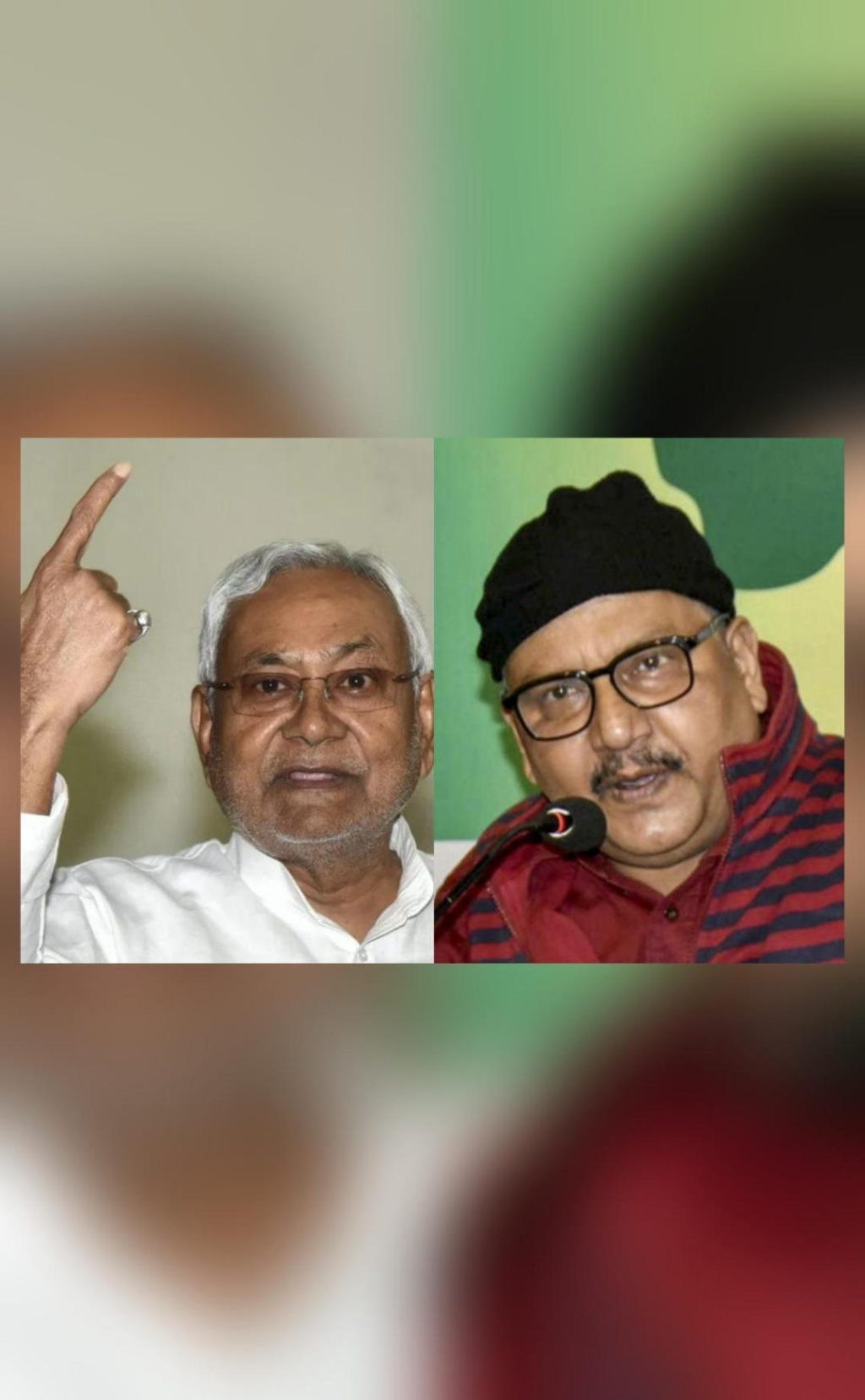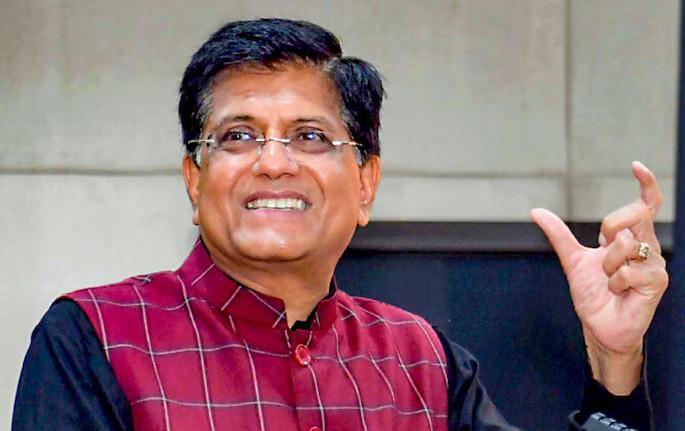
You are Brahma: RJD’s Manoj Jha on Nitish’s ‘I made Lalu’ Remark
In a scathing jibe, RJD MP Manoj Jha reacted to Bihar Chief Minister Nitish Kumar’s recent remark in the state assembly, where he claimed that he had made Lalu Yadav. Jha’s response was sharp and biting, leaving many wondering if the remark was a deliberate attempt to provoke or simply a slip of the tongue. In this blog post, we’ll delve into the context of the remark, its implications, and the reaction it sparked.
For those who may not be familiar, the remark in question was made during a heated debate in the Bihar Assembly, where Nitish Kumar was responding to a question from an opposition MLA. The CM stated that he had made Lalu Yadav, a former Chief Minister of Bihar and a prominent figure in the RJD, implying that he had somehow elevated Lalu’s stature or given him a platform to succeed. The remark was met with loud protests from the opposition benches, with many accusing Nitish of being arrogant and out of touch with reality.
RJD MP Manoj Jha was quick to respond to the remark, stating that it was unfortunate that Nitish was using such language. “You are the creator of the universe, you are Brahma,” Jha said, “I am worried about you if such thoughts are coming to your mind these days.” The remark was a clever play on words, referencing the Hindu mythology of Brahma, the creator god, and implying that Nitish was so full of himself that he thought he was capable of creating or shaping the destiny of others.
The reaction to Jha’s remark was swift and widespread. Many saw it as a clever riposte to Nitish’s arrogance, while others felt that it was a bit too harsh. Some even went so far as to accuse Jha of being overly sensitive and trying to stir up controversy. However, for many, Jha’s words struck a chord, highlighting the perceived arrogance and sense of entitlement that has come to define Nitish’s tenure as Chief Minister.
At its core, the remark is a reflection of the deep-seated animosity and rivalry that exists between the RJD and the JD(U) in Bihar. For years, the two parties have been locked in a bitter struggle for power and influence, with Nitish and Lalu serving as the two main protagonists. The remark was likely meant to provoke a reaction from the opposition, and in that sense, it was successful.
However, beyond the immediate politics of the situation, the remark also speaks to a larger issue of identity and ego. In a society where power and influence are often tied to personal charisma and reputation, Nitish’s remark can be seen as a reflection of his own ego and sense of self-importance. By claiming to have “made” Lalu, Nitish is essentially saying that he is the one who has given Lalu his power and influence, and that without him, Lalu would be nothing.
This kind of language is not uncommon in Indian politics, where leaders often use grandiose language to describe their own achievements and those of their allies. However, in this case, the remark was particularly egregious, given the context of the debate and the perceived arrogance of Nitish’s tone. It is a reminder that in politics, language has the power to both inspire and offend, and that even the most seemingly innocuous remarks can have far-reaching consequences.
In conclusion, RJD MP Manoj Jha’s response to Nitish Kumar’s “I made Lalu” remark was a clever and biting jibe that highlighted the perceived arrogance and sense of entitlement that has come to define Nitish’s tenure as Chief Minister. While some may see Jha’s words as overly harsh, for many, they struck a chord, highlighting the deep-seated animosity and rivalry that exists between the RJD and the JD(U) in Bihar. As we move forward, it will be interesting to see how this remark plays out in the political landscape of the state, and what kind of response it sparks from the opposition and the ruling party.






